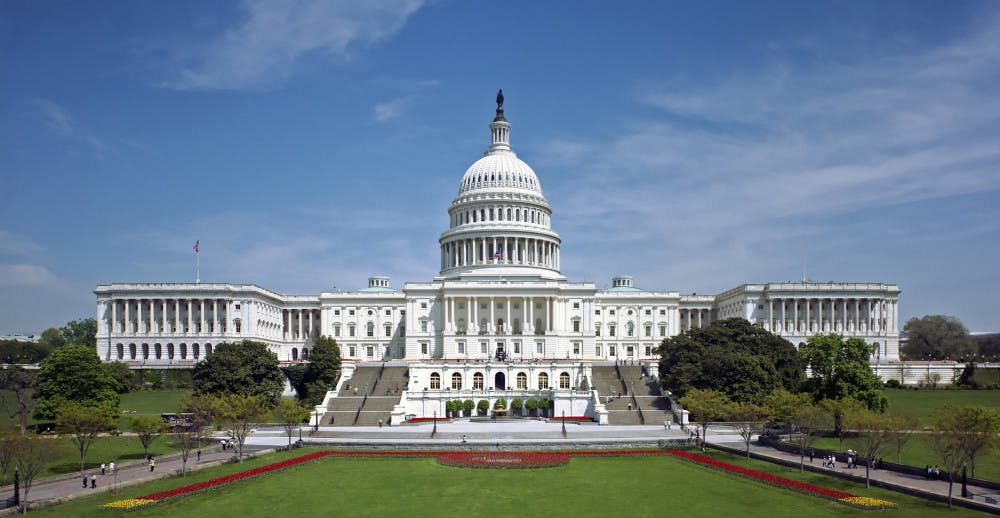After numerous flip-flops, inaccuracies and hand-written revisions at the last minute, the Republican tax bill passed the U.S. Senate by one vote in the wee hours of Saturday morning. A largely similar bill had cleared the Republican-dominated U.S. House of Representatives on Nov. 16, setting the stage for negotiations about the differences between the bills before a final version is put forth. The bill — which proposes a $1.5 trillion tax cut that would primarily benefit the wealthy and add an estimated $1 trillion to the national debt — has been widely derided as irresponsible, inequitable and, frankly, incomprehensible. But another troubling (and for us, all too pertinent) aspect of the tax bill has largely slipped under the radar: its wide-ranging implications for colleges and college students across the country.
First of all, the bill slaps a 1.4 percent excise tax on the investment income earned by universities with endowments that amount to more than $500,000 per student. Republican lawmakers have argued that this is necessary because the wealthiest universities sit on massive endowments that they do not spend on students. But decimating university budgets won’t direct more funding toward students. And while only about 30 higher education institutions qualify for this additional tax, these universities also have some of the largest financial aid programs in the country and work on cutting-edge research.
The bill also doubles the standard deduction for charitable giving. In simpler terms, this clause reduces incentives for taxpayers to donate part of their income to charities and nonprofits — including universities. Coupled with the Trump administration’s defunding of the National Endowment for the Arts and the National Endowment for the Humanities, these clauses will drastically shrink the research funding available to academics. American universities have long been renowned for operating on the front lines of research and development. How long will this last if their budgets are slashed?
But perhaps most concerning is the bill’s forecasted impact on graduate students. Bizarrely, the Republican plan treats graduate students’ waived tuition of $50,000 a year as income. As a result, even though most graduate students earn under $30,000 a year in the form of stipends, they will be taxed in the same bracket as those who earn $70,000 or $80,000 a year. According to a recent Herald editorial (“GOP tax plan sets up roadblocks to graduate programs,” Nov. 26), this will leave graduate students at Brown with approximately $13,000 in disposable income. When we factor in the average price of housing on College Hill, the bill could leave them with as little as $6,000 a year for all other expenses. Not only that, but the new bill also makes the interest paid on student loans subject to taxation and repeals the Lifetime Learning Credit, a 20 percent tax credit on up to $10,000 in tuition. Both of these changes to the tax code will make higher education — and particularly graduate education — even less accessible to low- and middle-income students. In all, the tax bill will only disincentivize students from entering undergraduate and graduate programs alike.
If Republicans were serious about promoting job growth, they would be funneling money toward the institutions that are critical to the economy — not punishing them. It might be too late to stop the enactment of this tax bill, but this should not stop us from raising our voices against Republicans’ short-sighted approach to governing. After all, we still have one more major state election left in 2017, and many more to come next year. The GOP revealed how they really feel about education last Saturday, and it’s time we hold them accountable at the ballot box.
Mili Mitra ’18 can be reached at mili_mitra@brown.edu. Please send responses to this opinion to letters@browndailyherald.com and other op-eds to opinions@browndailyherald.com.





